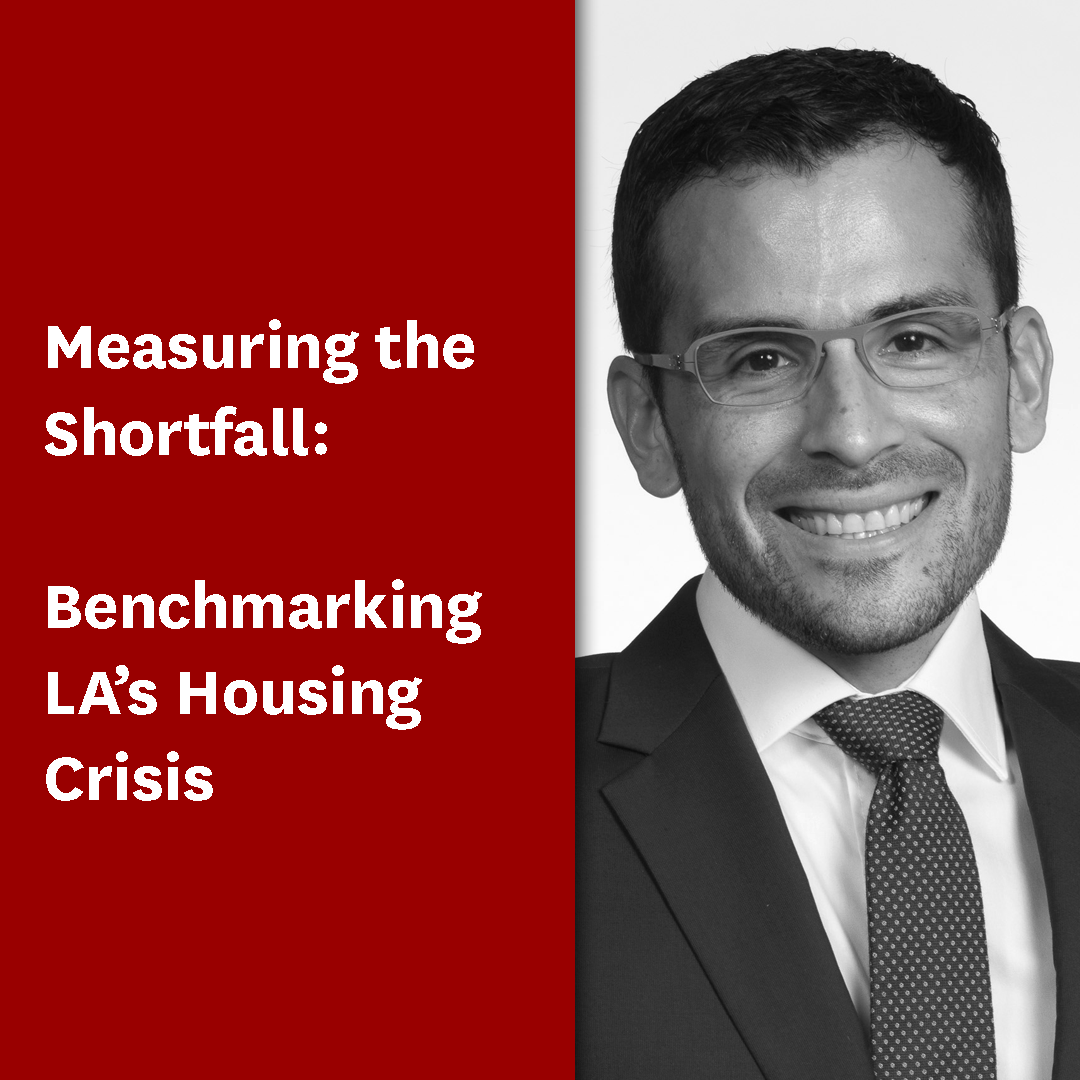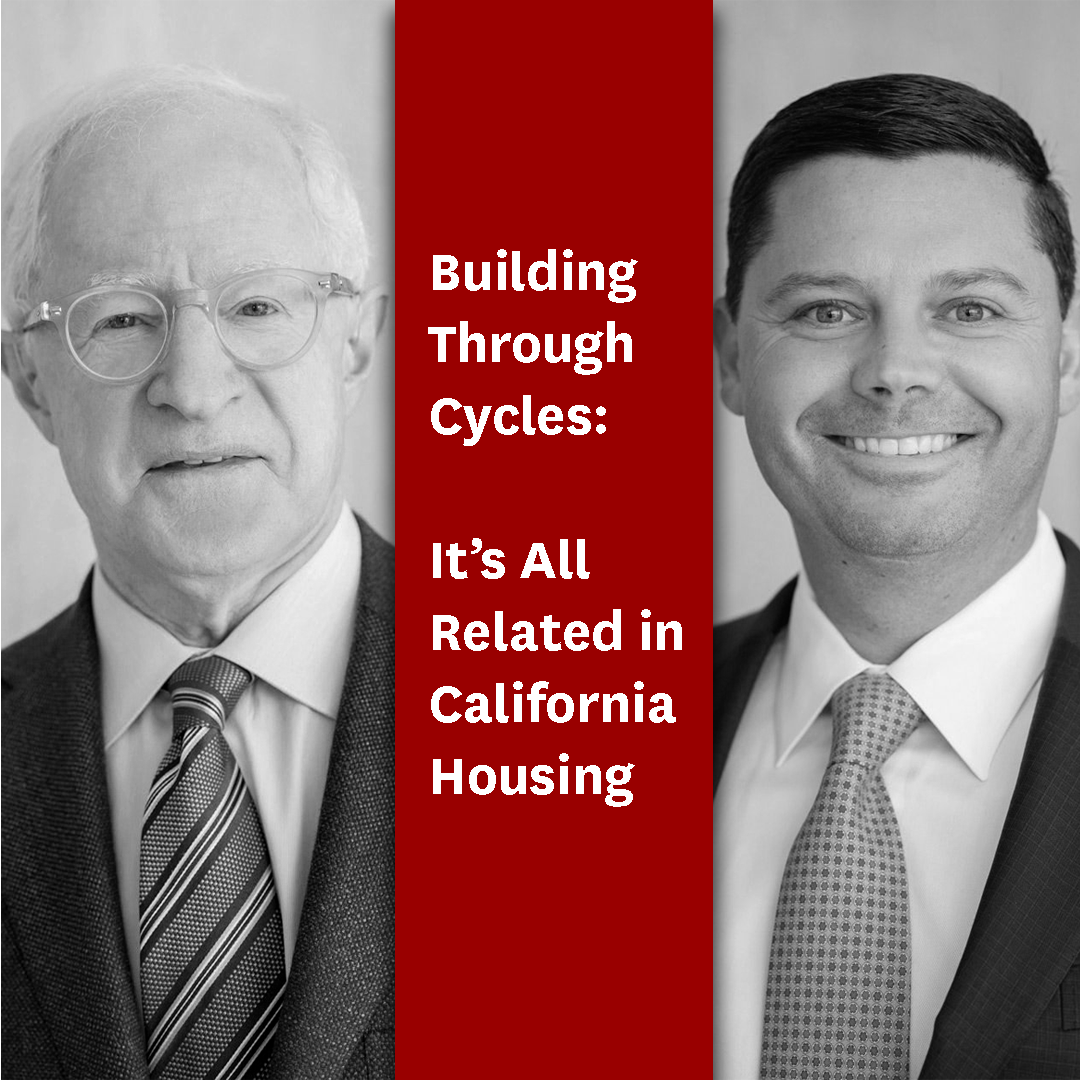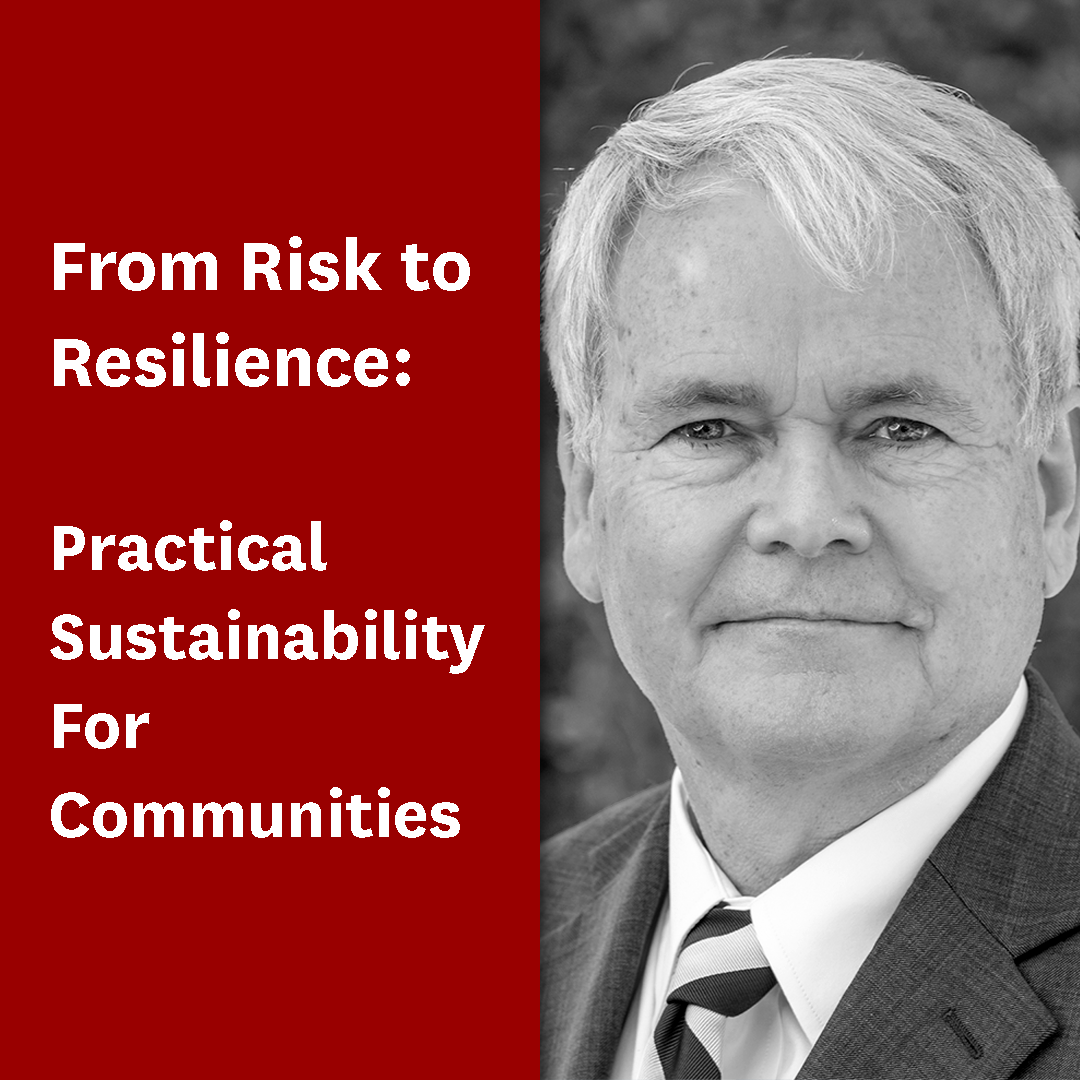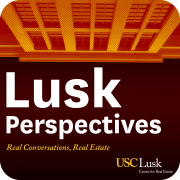
Available via Podcast
Real Conversations, Real Estate
During a time of great uncertainty and rapid change, connection and information is a more important resource than ever before. Today's issues could be amplified or altered in a matter of days or hours, so it is vital that organizations and thought leaders frequently share knowledge, dispel rumors, and offer insight.
Hosted by Professor and Lusk Center Director Richard K. Green, Lusk Perspectives offers timely analysis and shares accurate data vetted by leading experts on the latest developments and observations concerning policy, real estate, urban economics and more.
Once interviews are conducted, resources and videos will be made available here and on podcast channels as soon as possible.










 Don't have time to watch each presentation?
Don't have time to watch each presentation?